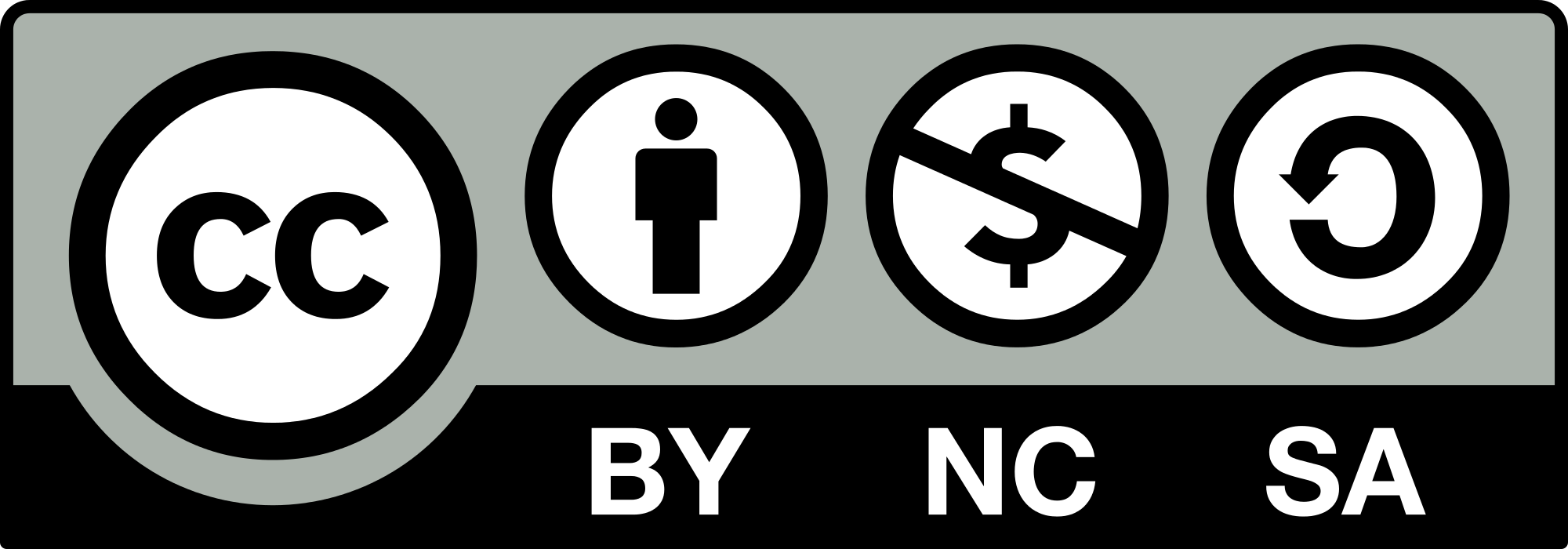Neuromarketing applications in the analysis of the taste perception of guayusa
Abstract
This article delves into neuromarketing as a powerful tool for comprehending consumer preferences, emphasizing its growing significance in the analysis of unconscious behavior. The term "neuromarketing" was introduced by Ale Smidts in 2002, with Gerald Zaltman as a precursor in the 1990s. Neuromarketing research employs advanced techniques such as functional magnetic resonance imaging (fMRI) and electroencephalogram (EEG) to unravel the cerebral processes associated with purchasing decisions. The surge in popularity of energy drinks in Ecuador, prominently featuring brands like Red Bull, is acknowledged. However, attention is drawn to the rising popularity of guayusa, an Amazonian plant with energizing and antioxidant properties deeply rooted in Ecuadorian indigenous culture. This study focuses on evaluating the gustatory perceptions of guayusa energy drinks in different regions of Ecuador using neuromarketing techniques, specifically EEG. Results indicate that Guayusa 2 (Frutos Rojos) elicits the highest cerebral activity, suggesting heightened attention and cognitive processing, aligning with preferences declared in the survey. Despite Guayusa 1 (Maracumango) being the preferred choice according to the survey, measured cerebral activity is slightly lower. The geographical distribution of participants reveals a greater representation from the coast and the sierra, hinting at potential cultural influences on neurocognitive responses.
Downloads

This work is licensed under a Creative Commons Attribution-NonCommercial-ShareAlike 4.0 International License.

















